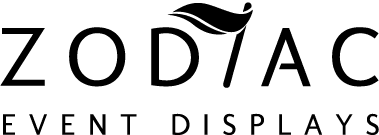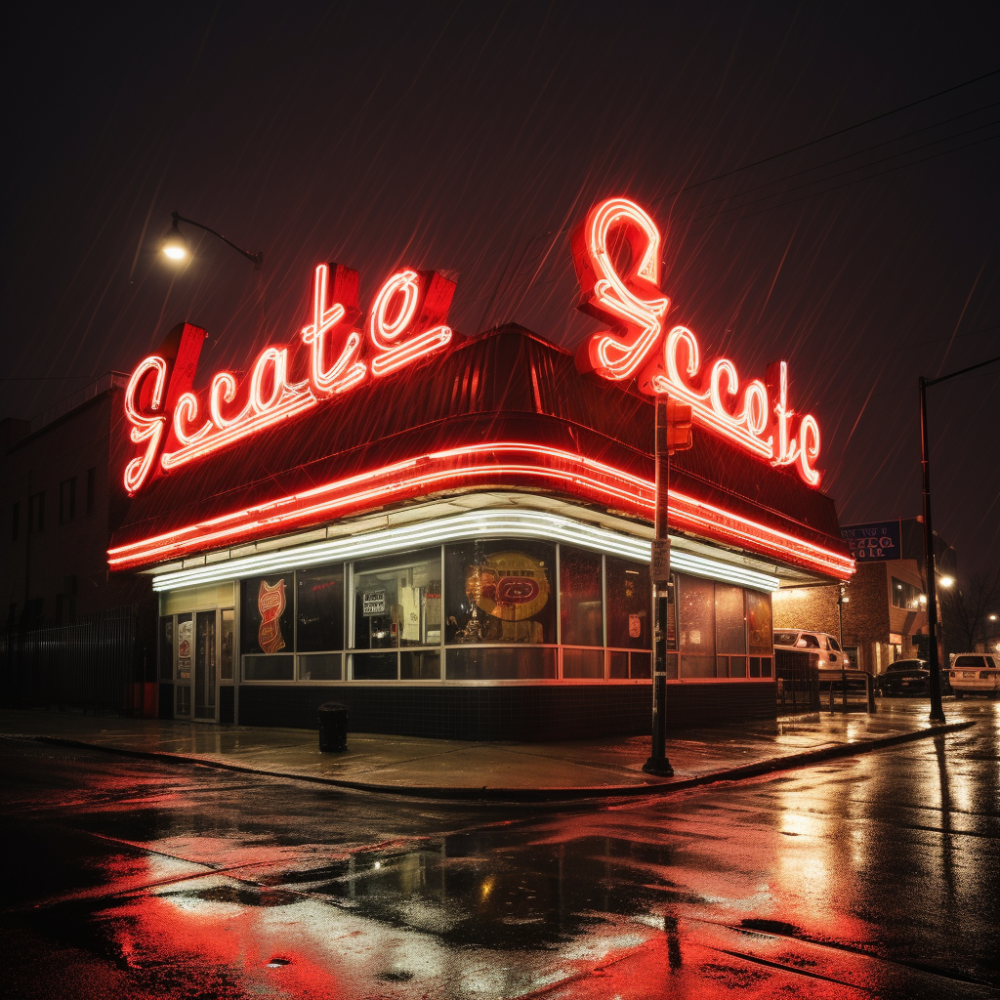
In the digital age, Facebook has emerged as a pivotal platform for event planning and promotion. With over 2.8 billion active users, it offers a unique opportunity to reach a diverse audience and create engaging experiences. Whether you are planning a small community gathering or a large-scale corporate event, understanding the standard event FB practices can significantly enhance your success.
Facebook provides a suite of tools designed specifically for event planning. These include customizable event pages, targeted advertisements, and detailed analytics to help you measure your event’s performance. By leveraging these tools, you can ensure that your event not only reaches the right audience but also engages them effectively.
Moreover, Facebook’s algorithm prioritizes events that generate high engagement, meaning the more interactions your event garners, the more likely it is to be seen by a broader audience. This makes it crucial to create compelling content and encourage participants to share and interact with your event page.
Planning your event on Facebook also allows for real-time communication with your audience. You can post updates, answer questions, and even conduct live streams to keep your attendees informed and excited.
Ready to take your event marketing to the next level? Send a message to info@zodiacdisplays.com to amplify your event marketing with professional signage and promotional materials from Zodiac Event Displays.
Creating Engaging FB Event Pages

Creating an engaging Facebook event page is essential to capturing the interest of potential attendees and ensuring a successful event. The first step is to craft a compelling event name and description. Your event name should be catchy and informative, while the description should provide all the necessary details, including the event’s purpose, date, time, and location. Make sure to highlight what makes your event unique and why people should attend.
Visuals play a critical role in attracting attention. Use high-quality images and videos that reflect the theme and atmosphere of your event. The cover photo is the first thing people will see, so choose an image that is eye-catching and representative of your event. If possible, include your branding elements, such as logos or color schemes, to create a cohesive look.
Facebook allows you to add a co-host to your event page. This can be particularly useful if you are collaborating with other organizations or influencers, as it expands your reach to their followers as well. Additionally, enabling the event discussion feature encourages attendees to interact, share their excitement, and ask questions. Active engagement in the discussion section helps build a sense of community and anticipation.
Another tip is to use the event schedule feature to outline the key activities and timelines of your event. This gives attendees a clear idea of what to expect and helps them plan their participation accordingly. Regularly update your event page with new information, reminders, and engaging content to keep the momentum going and maintain interest.
Leveraging FB Tools for Event Promotion
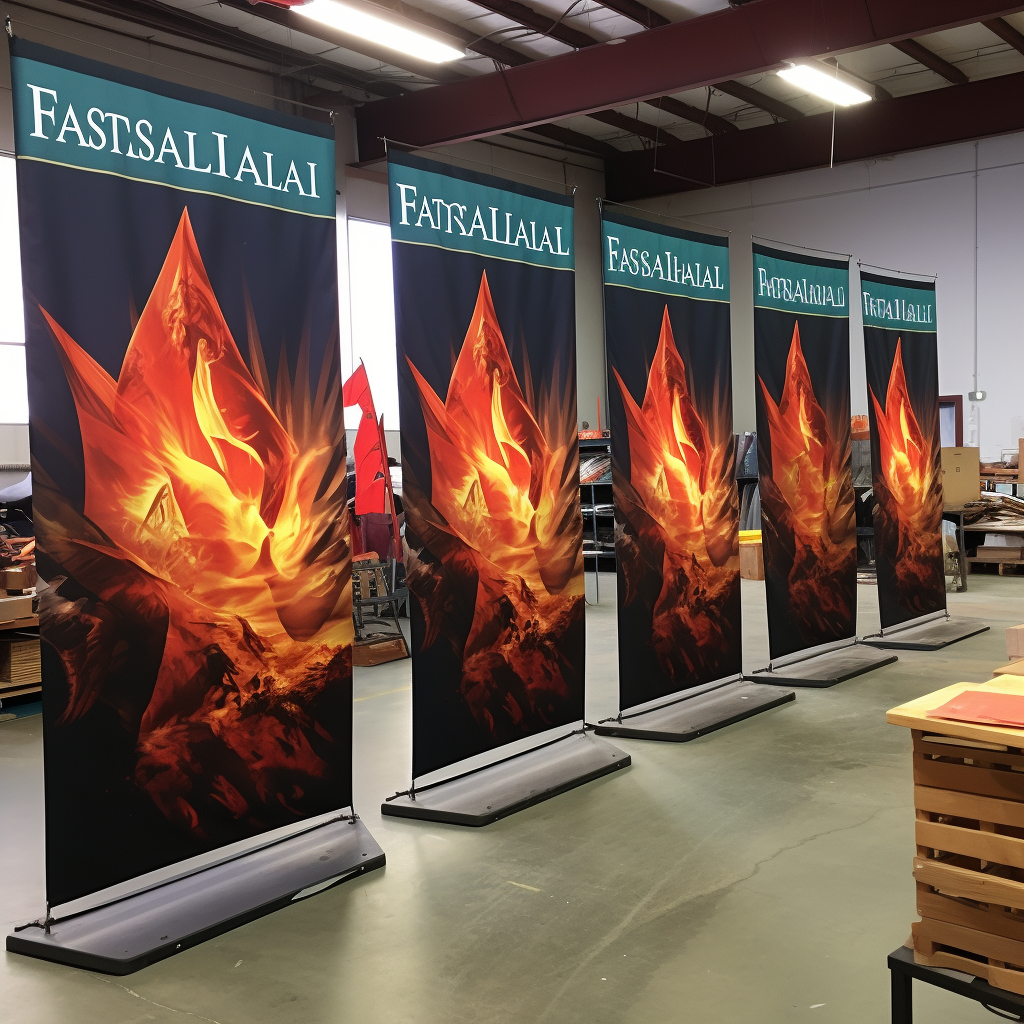
Facebook offers a plethora of tools to help you promote your event effectively and reach a broader audience. One of the most powerful tools is Facebook Ads. With Facebook Ads, you can create targeted campaigns to reach potential attendees based on demographics, interests, behaviors, and even past event attendance. By using lookalike audiences, you can further expand your reach to individuals who share similar characteristics with your existing attendees.
Another valuable feature is Facebook Events Manager, which allows you to track the performance of your event promotion efforts. By analyzing metrics such as the number of responses, engagement rates, and ticket sales, you can gain insights into what’s working and what needs improvement. This data-driven approach enables you to optimize your promotional strategies for better results.
Event cross-promotion is another effective strategy. Collaborate with partners, sponsors, or related businesses to co-promote each other’s events. This not only broadens your audience but also adds credibility to your event. You can tag these partners in your posts, share their content, and encourage them to do the same.
Utilize Facebook’s native tools like Stories and Live to create buzz around your event. Stories can be used to share behind-the-scenes content, exciting announcements, or countdowns, while Facebook Live allows you to engage with your audience in real-time. Whether it’s a live Q&A session, a teaser of the event, or a sneak peek of what’s to come, these interactive features help build excitement and engagement.
Don’t forget to leverage Facebook Groups. By sharing your event in relevant groups, you can tap into niche communities that are likely to be interested in your event. Be sure to follow group rules and engage authentically to avoid coming off as spammy.
Maximizing Attendance Through FB Analytics
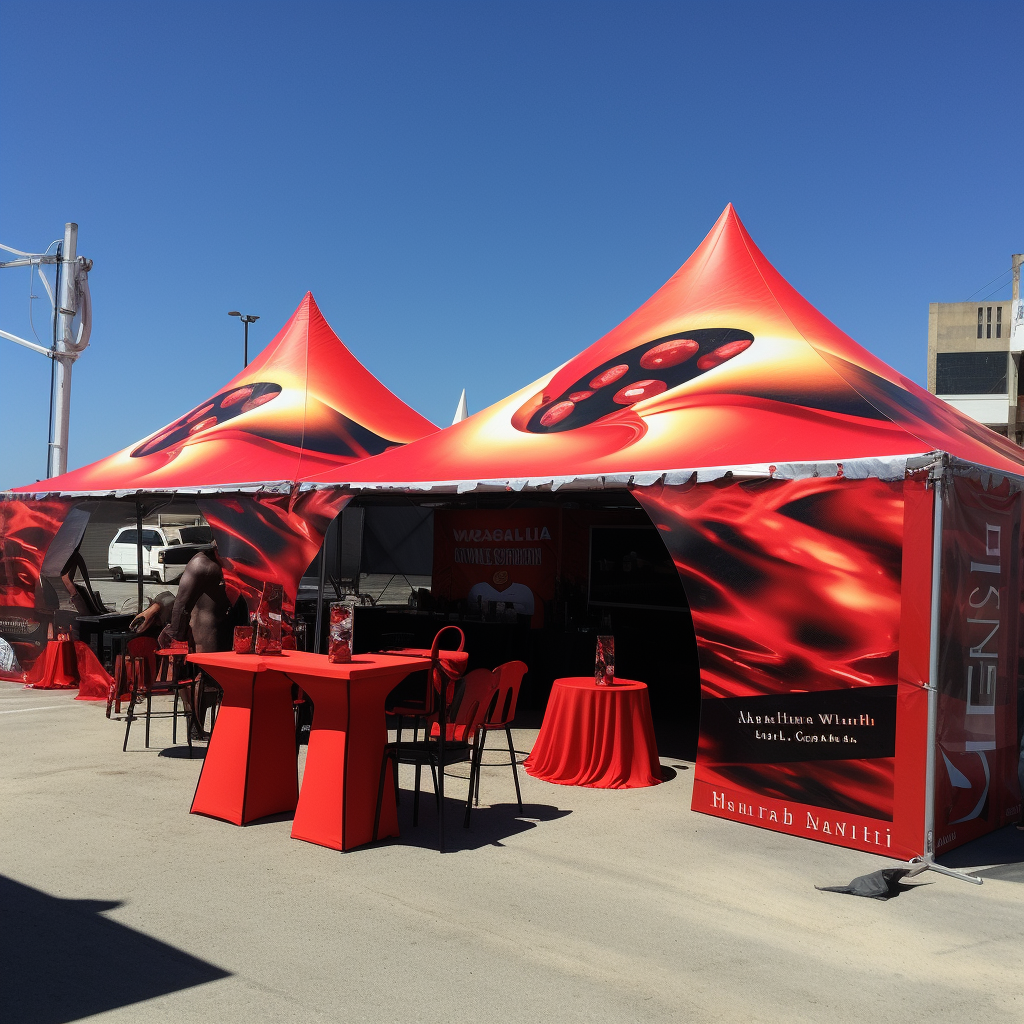
Using Facebook Analytics effectively can be a game-changer in maximizing attendance for your events. This powerful tool provides you with detailed insights into your audience’s behavior, preferences, and interaction patterns. By understanding these analytics, you can tailor your event promotion strategies to better engage your target audience.
Start by examining the **demographic data** available through Facebook Analytics. This data includes information about the age, gender, location, and interests of your audience. Identifying the dominant demographics can help you create more personalized and relevant content, thereby increasing the likelihood of attendance.
Engagement metrics are another crucial aspect to consider. Metrics such as likes, shares, comments, and event responses provide a clear picture of how your audience is interacting with your event posts. By analyzing these interactions, you can identify which types of content resonate most with your audience. For example, if you notice that video content receives higher engagement, you might want to incorporate more videos in your promotional strategy.
Facebook Analytics also offers insights into your **event page traffic**. By monitoring the sources of your traffic, you can determine which promotional channels are driving the most visitors to your event page. This information allows you to allocate your resources more efficiently, focusing on the channels that yield the best results.
Another valuable feature is the **conversion tracking** tool. This tool helps you measure the success of your event promotions by tracking actions such as ticket purchases or event registrations. By setting up conversion tracking, you can see exactly which ads or posts are driving the most conversions, enabling you to optimize your campaigns for maximum effectiveness.
Lastly, don’t overlook the **retargeting capabilities** of Facebook Analytics. By creating custom audiences based on previous interactions, you can retarget individuals who have shown interest in your event but haven’t yet committed. This gentle reminder can significantly boost your attendance numbers.
Best Practices for FB Event Marketing
Effectively marketing your event on Facebook requires a strategic approach to ensure maximum engagement and attendance. Adopting best practices for FB event marketing can help you achieve your goals and create a buzz around your event. Here are some essential tips to keep in mind:
Create a Compelling Event Page: Your event page is the cornerstone of your Facebook marketing strategy. Make sure it is visually appealing, with high-quality images and graphics. The event description should be clear, concise, and compelling, highlighting the key details like the date, time, location, and what attendees can expect.
Leverage Facebook Ads: Facebook’s advertising platform allows you to target specific demographics, interests, and behaviors, ensuring your event reaches the right audience. Use eye-catching visuals and persuasive copy to capture attention, and consider using a mix of ad formats such as carousel ads, video ads, and sponsored posts.
Engage with Your Audience: Interaction is crucial for building excitement and maintaining interest. Respond to comments and questions promptly, and encourage users to share the event with their friends. Consider hosting live sessions or Q&A segments to engage your audience further.
Utilize Facebook Stories: Facebook Stories provide a unique opportunity to share behind-the-scenes content, updates, and reminders. Since stories are temporary, they create a sense of urgency and can be an effective way to keep your event top-of-mind for potential attendees.
Collaborate with Influencers: Partnering with influencers or local figures can significantly extend your reach. Influencers can create authentic content that resonates with their followers, providing your event with added credibility and visibility.
Promote Early and Often: Start promoting your event well in advance and maintain a consistent posting schedule. Use countdowns, teasers, and exclusive previews to build anticipation. Remind your audience about the event as the date approaches to ensure it stays on their radar.
By following these best practices, you can enhance your FB event marketing efforts, driving higher engagement and attendance. Implementing these strategies will help you create a memorable and successful event experience for all attendees.
Case Studies of Successful FB Events
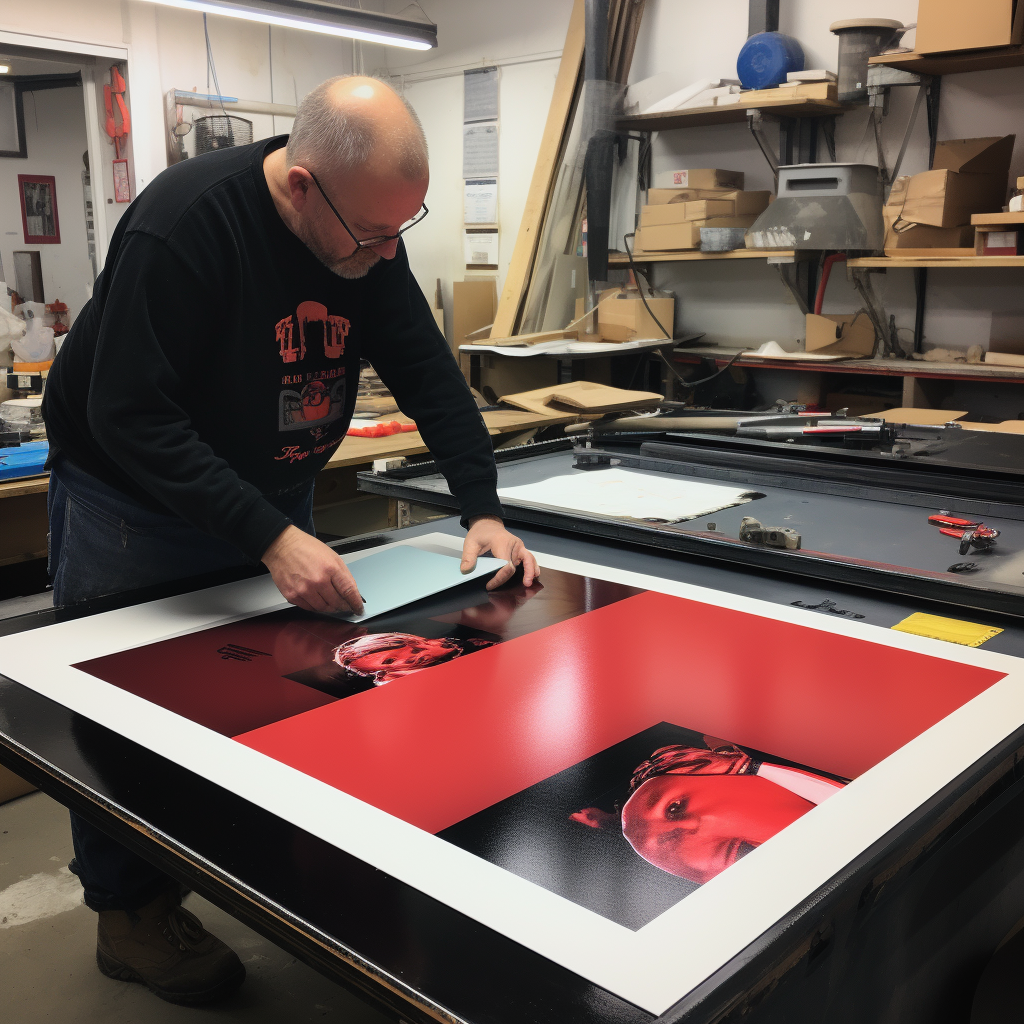
Examining case studies of successful Facebook events can provide valuable insights and inspiration for your own event planning. Here are a few standout examples that highlight effective strategies and tactics used by event organizers to achieve remarkable results:
1. Nike’s Live Product Launch: Nike leveraged Facebook Live to introduce a new product line to their audience. By creating an interactive and engaging live stream, they were able to build excitement and anticipation. The event page was meticulously crafted with high-quality visuals and compelling descriptions. The use of influencers and athletes as hosts further amplified the event’s reach and credibility.
2. TEDx Conferences: TEDx events have consistently used Facebook to promote their conferences and engage with their audience. They utilize a mix of engaging content, including speaker highlights, behind-the-scenes footage, and live Q&A sessions. By creating an ongoing narrative and consistently updating their event page, TEDx keeps their audience informed and excited about upcoming events.
3. Local Food Festivals: Many local food festivals have found success by creating vibrant and interactive event pages on Facebook. These pages often feature mouth-watering images, vendor spotlights, and engaging content that highlights the festival’s unique offerings. Organizers also use Facebook Ads to target food enthusiasts within the local area, ensuring a highly relevant audience for their event.
These case studies demonstrate the power of combining compelling content, strategic promotion, and audience engagement to create successful Facebook events. By learning from these examples, you can apply similar tactics to your own events and achieve outstanding results.
Ready to take your event marketing to the next level? Send a message to info@zodiacdisplays.com to amplify your event marketing.
